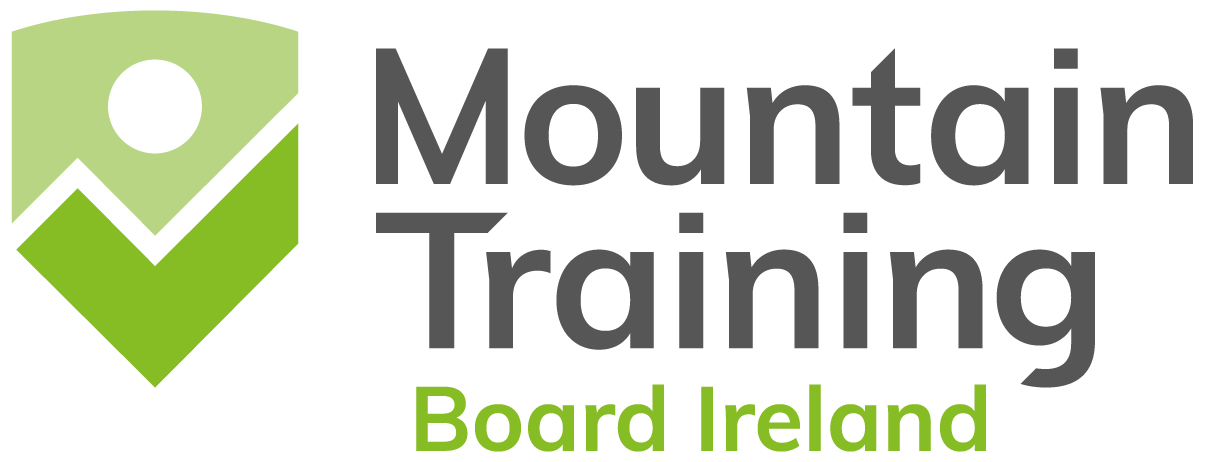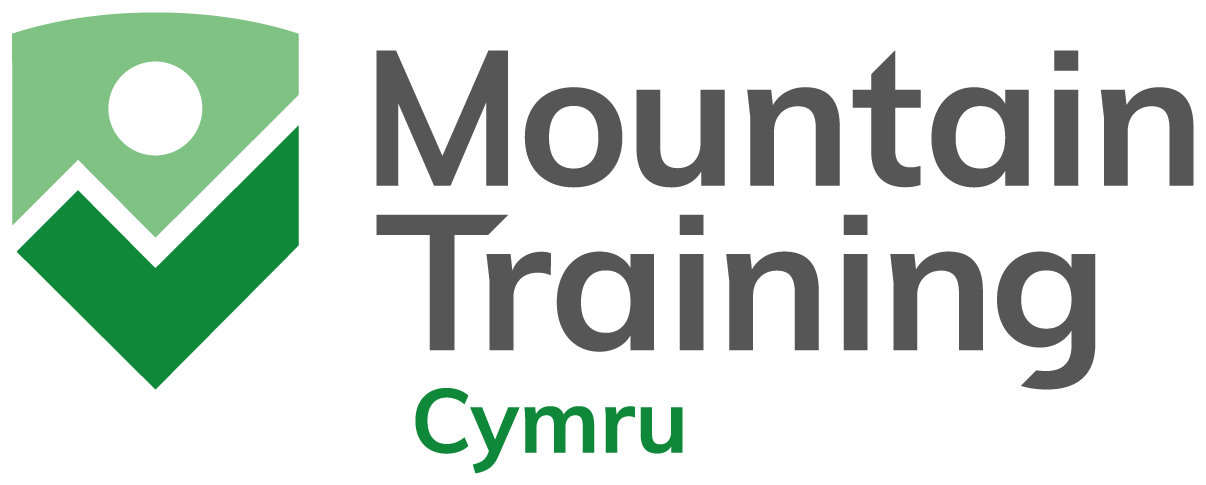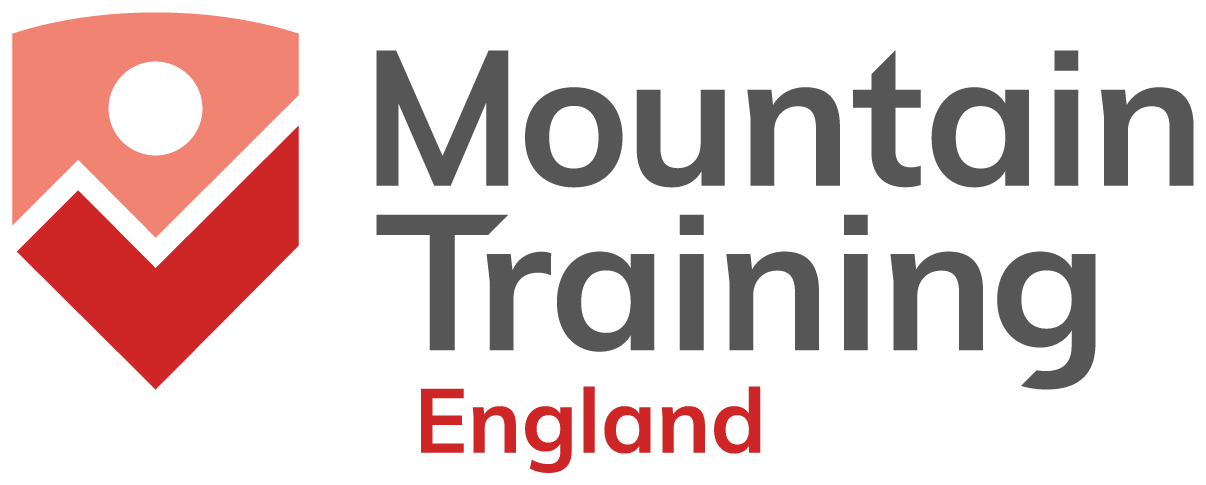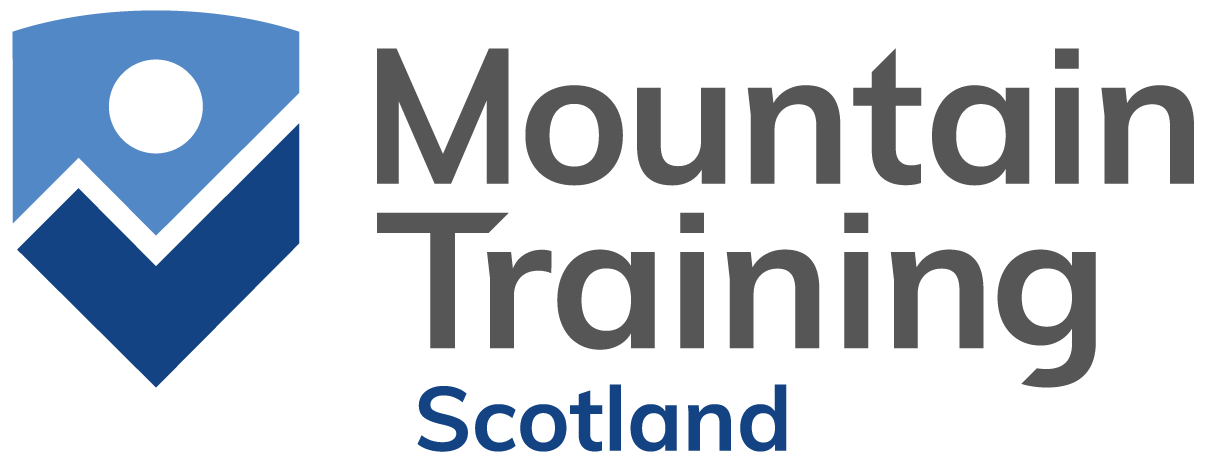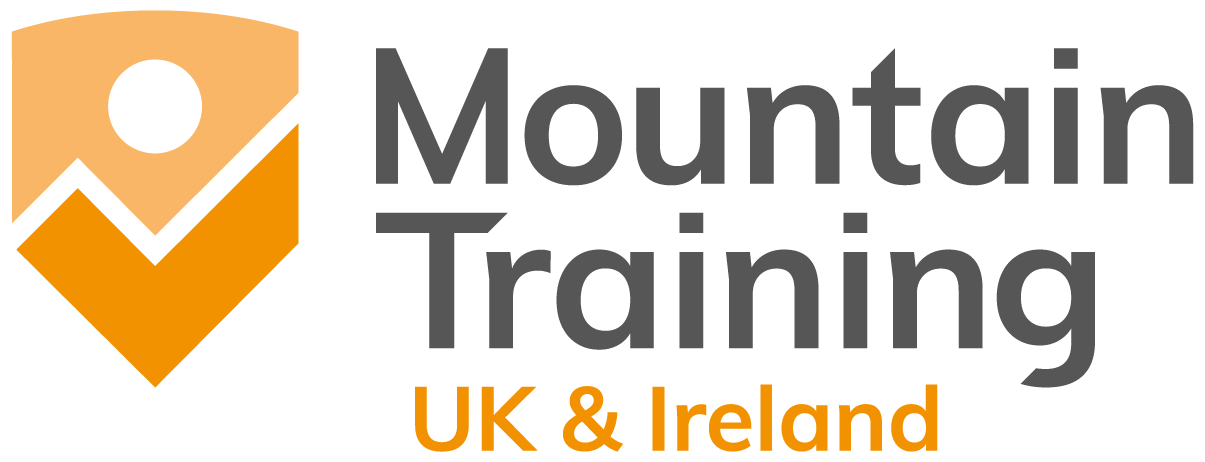
What do you both do for work?
Gwen: I’m a detective in Avon and Somerset Police, on the Major Crime Investigation Team (Murder Squad), and I’m currently on a career break. I originally took a three year sabbatical to go through the International Mountain Leader qualification and do some travelling. Andy had retired the year before so it was good timing for us to do that. I was hoping to have the IML done and dusted within those three years but because of Brexit and Covid everything got delayed quite significantly. I should have been back to work in September (2022) but I asked if I could extend for another six months because we experienced some delays and it would be the only way I could invest the time to finish the whole process. Thankfully they did agree to give me the time which was quite a shock. So I go back to work on 1st March (2023).
I’ve really appreciated them giving me the time because there’s no way I’d have been able to do it otherwise.
Andy: I left the Police just over four years ago. Prior to that I did six years in the Army, so that combined with 27.5 years in the Police allowed me to retire after full service. I’d already gained Mountain Leader, Winter Mountain Leader and Single Pitch Award (now Rock Climbing Instructor) qualifications. We’ve also got cycle leader qualifications as well. I did all that in my spare time so on retiring I was able to work as an outdoor instructor, which is what I thought I’d mainly be doing and then Covid struck and hit the industry really hard. During that time I got the opportunity to do some consultancy work, based on my Police experience. I was a detective, and as well as working in homicide and major crime I had worked in counter terrorism, so I’ve been able to use those skills. And then since coming out of Covid I’ve done the majority of my work as an instructor, with a bit of consultancy as well. It's been great that for the majority of the time since I’ve been retired, Gwen’s been on sabbatical and we’ve been working together as outdoor instructors and going through the IML together. We didn’t do our Mountain Leader courses together, so to do the whole IML from start to finish has been great.
Prior to starting the International Mountain Leader scheme, were you doing lots together in the outdoors?
Gwen: Yes we were. When we were in the Police it was our best getaway from work. Work was really, really intense, so we just loved escaping to the mountains. We’ve always spent a lot of time in the outdoors, walking, running, cycling, climbing and it’s just a complete release from work which was quite stressful at times. It allowed us to go back feeling refreshed. Then we got more into the teaching side of things once we became Mountain Leaders. Since we’ve been able to it’s been great to immerse ourselves in guiding and teaching.
What was it about becoming International Mountain Leaders that appealed to both of you?
Andy: We live part-time in the French Alps, we have a long-term rental here, so we’ve been coming here for years. We met in Andorra skiing 26 years ago, so we’ve always had that love for winter sports and mountains. We’ve enjoyed doing outdoor work in the UK and the opportunity to do that further afield was really appealing.
Gwen: It’s been a long-term plan we’ve talked about for years. Knowing Andy was going to retire quite young, 49/50 is far too young to not work. We didn’t want to continue working in the environment we’d been in and we’ve always loved the outdoors and we have some friends who are International Mountain Leaders so it seemed like the natural way to expand our opportunities was to go through the scheme.

Has your journey through the scheme been disrupted by Covid?
Andy: Yes. We started in 2019 with summer training at Glenmore Lodge, then winter training with Plas y Brenin in January 2020, then we were in the Pyrenees, ready to do summer assessment in the summer of 2020 but due to quarantine restrictions that got cancelled. Then we went again in 2021 and that was cancelled again. Then we started to reconsider whether it was all worth it. By that point I was 52 and we were reconsidering whether it was worth carrying on. We decided to stick with it and finally did summer assessment in July 2022, which we both passed. So then it felt like we may as well try to complete the whole thing. I don’t like not finishing something we’ve started, and by that point we’d completed four of the five elements.
Gwen: I think it was at the point before we’d done any of the assessments that we were thinking about the financial investment as well as the time. And if I hadn’t been granted the extension by work Andy might have been able to finish it but I’d have to find the time to fit it in around work. Luckily they did and we were able to complete in January.
Did you find that going through the scheme was a good opportunity to explore some different places?
Gwen: YES! That is my main takeaway; we’ve visited the most amazing locations purely because of the IML scheme. We’ve visited places I’d never have gone to because they’re a bit out of the way, they’re not the big famous places, and they’ve just been incredible. Every one, we’ve said ‘we’ve got to come back’ because it’s been so stunning.
What places are you thinking of?
Gwen: For me the place that really sticks out is the area around La Clusaz and Le Grand-Bornand where we did our winter training. Then for summer assessment we went to Zinal and Grimentz which was also amazing.
Andy: And two cancelled summer assessments meant we’d gone to the Pyrenees, so we were there anyway and had booked accommodation so we thought we may as well stay. What a place! We’d never been to that part of the Pyrenees before. Even something that was a bit of a pain, still meant we got to go to a fantastic area and enjoy exploring.
The most recent (winter) assessment was in German-speaking Switzerland. I had spent a fair bit of time in Germany when I was in the Army but my German’s pretty non-existent now, our French is a lot better. And up until then everything had been in France or French-speaking Switzerland, so to explore somewhere new with a different language and slightly different environment was brilliant. It was a part of Switzerland that I would never have considered going to because it’s part of the pre-Alps but it was just stunning.

Were there many lightbulb moments or was it more a steady development of existing skills?
Gwen: For me I think the summer courses were a development of existing skills, focussing on rope work because I’m not really a climber and I’d lost that skill since becoming a Mountain Leader because I hadn’t used it. Revisiting the rope work skills really helped my confidence, not just in relation to using a rope but across the board. So that was great. Then through the winter courses, it felt like a massive development of our understanding of the snowpack.
Andy: I agree – two of the assessors on our winter course were forecasters for the Scottish Avalanche Information Service, so for them to share their knowledge with us was fantastic.
Gwen: I think that’s the best thing about the process, all the way through assessment you’re still learning. The learning doesn’t stop just because you’ve started your assessment – we learned loads on assessment which was brilliant.
Andy: For me it was also the knowledge you had to have in terms of the environment, geology, flora fauna, trees, was at a much higher level than for Mountain Leader; more than just tormentil and reindeer moss! It really got me into geology in particular – I found it fascinating and I’d like to do some further learning on that topic. It wasn’t just about the nav, the ropework, the guiding and looking after people, it was the level of knowledge that we built up across all areas.
Gwen: Yes we surprised ourselves with how much we learned.
Did you have much to consolidate on?
Gwen: Our logbooks were pretty good before we started the scheme but before summer assessment we managed to squeeze in two trips to immerse ourselves in the environmental side of things.
Andy: Also because of the gap between training and assessment (2.5 years between summer training and assessment and 3 years between winter training and assessment) it was like teaching ourselves again. We did a refresher course prior to winter assessment and prior to summer assessment we went out with friends who are IMLs and did some ropework practice.
What did you do your specialist talks on during summer and winter assessments?
Andy: My two summer talks were about Swiss wine and wine making, and the thawing of the permafrost. My winter talks were a Swiss quiz and the second was about Swiss mountain rescue.
Gwen: My summer talks were about the Dixence damn, which is really cool, and the insect crisis. My winter talks were about the wild boar that the Swiss used to sniff out drugs and firearms, as well as the environmental impact of wild boar, and the other one was about extreme high altitude nutrition. I was looking into it ahead of our trip to Aconcagua and Jon Gupta was really helpful with my research so it seemed like an appropriate subject to share.
The assessors do like it if you can involve some food and drink at some point in your talks!
How did you feel on the final assessment? Where you confident it was going well?
Gwen: In hindsight yes but at the time I’m not sure I could see that, in the fog of assessment stress. Looking back, obviously it was fine, but at the time every day felt quite intense. The assessors were great, the pressure was coming from me. We were never asked to do something again which we took as a good sign.
Andy: There’s also certain points on the winter assessment which are pass/fail. For example, the transceiver, shovel, prove teaching session has to take place within 15 minutes, the single burial search within four minutes and the double burial within eight minutes. So all of those are tick-off points which could lead to deferral – knowing they’d been done successfully was a good mini-boost.
Gwen: Yes and it was the same with the rope scenarios, which both went fine.

Have you explored anywhere outside Europe along the way?
Andy: No, not while we were on the scheme because it was so Covid disrupted, but we’re picking that up now. We actually booked flights recently to climb Aconcagua, self-guided, at the end of the year with some friends who are all pretty experienced as well. Then a smaller group of us are continuing to Patagonia to self-guide Torres del Paine and hopefully across the border into Argentina to do some trekking around Fitzroy. We thought, if we’re going all that way we might as well turn it into a longer trip to visit more places. In the build up to that, because we’ve not been to high altitude for nine years, we’re potentially going to do Kilimanjaro in October, which has to be guided by in-country guides.
I’ve also got my first bit of International Mountain Leader work leading a school group from Brecon up Toubkal in July, and back to back outdoor work between now and then.
Have you got any top tips for others thinking about going through the scheme?
Gwen: I would definitely recommend it. It’s a big financial commitment so you have to be committed. Everyone we spoke to agreed that they’d reached the point where they weren’t keeping track of how much it was costing anymore. It can look on paper like it’s a very expensive process, but I felt like it was a different level to Mountain Leader; the learning and everything felt like a professional qualification. So when you get to the end it feels big. We’ve put a lot in but I’ve really enjoyed it, it’s been amazing.
Andy: You can see why, from a cost, commitment and time perspective it attracts the same number of points as a degree. A top tip from me would be try to have a good knowledge of all the elements. It’s not a nav qualification, it’s not a snowshoeing qualification, it’s not a flower-spotting qualification. You need to be very well rounded and have a good working knowledge of all the areas. Areas of specialism are great but a broad understanding of everything is really beneficial.
Gwen: I would also say the people we’ve met, across the board from start to finish have been amazing. Really supportive. We’ve made some really good friends. The IML Aspirant Facebook page has been really helpful, some great information comes up in there that people share. I felt from the outset that everyone’s in it together and we were all trying to help each other prepare. People from all over the place have been really fantastic. I would recommend using the knowledge from others because everyone brings something different.
